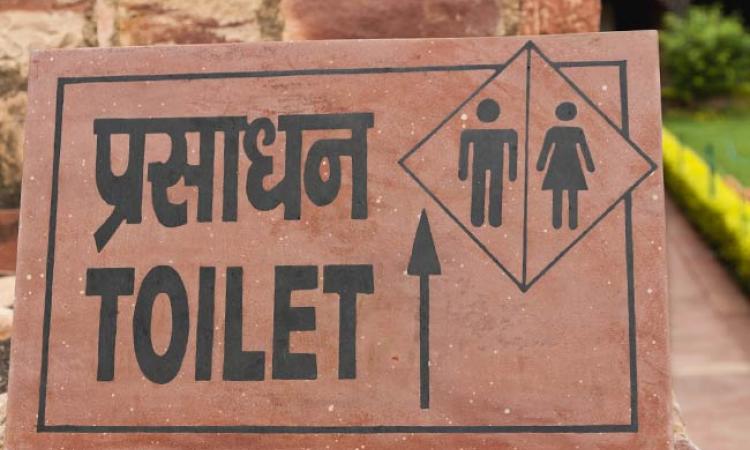
Andhra Pradesh’s urban areas to soon be open defecation free spaces
Andhra Pradesh could become the country’s first state to transform its urban areas into open defecation free zones. The state has been at the forefront of toilet construction since the launch of the Swachh Bharat Mission two years back. Out of the 1,94,336 individual household toilets to be constructed in the urban areas of the state, 1,04,732 toilets have already been built. With construction activity up to pace, the plan is to make all 100 municipalities open defecation free by October 2.
Urban component of the Swachh Bharat Mission 76% behind schedule
According to data submitted by the government in the Lok Sabha, out of a target of constructing 2.5 million household toilets in urban areas by March 2016, only 0.6 million units have been built. Close to 85 million people living in the country’s urban areas lack proper sanitation facilities. Community toilet construction has not been great either. Out of the target 100,000 community and public toilet units that were to be constructed, only 28,948 have been completed by March 2016. The government has been falling behind in urban solid waste management as well.
64 municipal wards under the Mysuru City Corporation now open defecation-free
The Mysuru City Corporation has declared that 64 out of the city’s 65 wards are now free from open defecation. Creating Open Defecation Free (ODF) cities by 2019 is one of the main aims of the Swachh Bharat Mission’s urban component. Mysuru was also declared the cleanest city in the country earlier this year in the latest round of the Swachh Bharat rankings.
'Toilets Change Lives' campaign to repair and renovate dysfunctional government school toilets
Delhi-based NGO, Charities Aid Foundation (CAF) in association with US-based personal care corporation, Kimberly-Clark has launched a campaign to repair and renovate dysfunctional school toilets. The campaign launched in October last aims to restore 100 existing toilets in government schools in Delhi-NCR, Uttar Pradesh, Telangana, West Bengal and Maharashtra. It has been noted that while close to 90% of schools have toilet facilities, close to 40% of them are dysfunctional due to shoddy maintenance.
BWSSB all set to treat Bengaluru's Bellandur Lake: Sewage treatment plants to come up at 4 locations
In a bid to turn around Bellandur’s fortunes, the Bangalore Water Supply and Sewage Board (BWSSB) have decided to construct four sewage treatment plants (STP) at different locations to reduce pollution. The plants will treat close to 55 million litres a day (MLD) of waste water that would normally enter the 900-acre lake untreated. The STPs will come up in Hulimavu, Sarakki, Chikka Begur and in Agara. State government funds will be supplemented by funds from the centre’s AMRUT scheme in addition to a contribution from the BWSSB.
This is a roundup of important sanitation related news published between April 24 and 30, 2016.
Lead image courtesy: NDTV